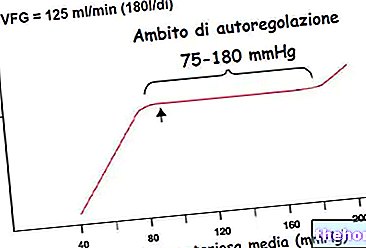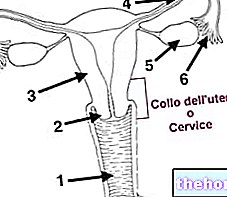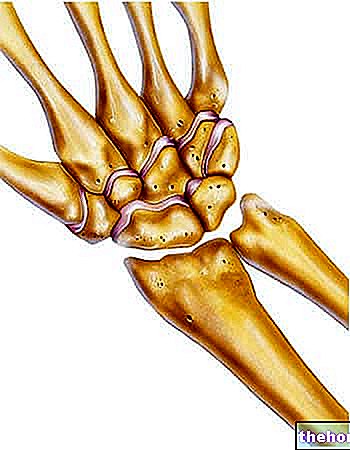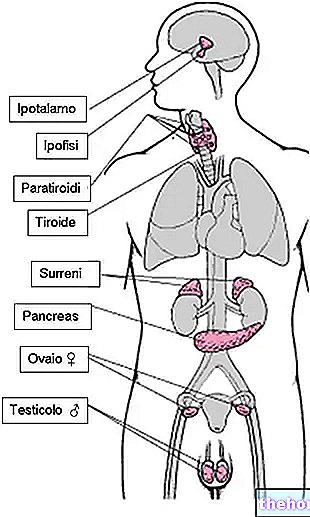"Stomach physiology (first part)
PEPSIN: essential enzyme for protein digestion.
The proteins "unrolled" by the hydrochloric acid are attacked by the pepsin which, breaking the internal bonds, breaks them down into shorter fragments (peptones). The complete digestion of the proteins will take place only in the intestine, where these polypeptides will be reduced into the individual amino acids. or at most in the single dipeptides that constitute them, for this reason pepsin is not essential to life and can be replaced by other intestinal enzymes with a similar function.
LIPASE: enzyme responsible for the demolition of fats. In the stomach, this protein is poorly active. Its reduced efficiency is linked to the gastric environment which, unlike the enteric one, is unfavorable to lipid digestion.
MUCUS: unlike hydrochloric acid, mucus is not secreted only by the gastric glands of the fundus and body, but by all the cells located along the stomach wall. This whitish and particularly viscous substance has the purpose of defending the gastric wall from the aggression of hydrochloric acid (which would break cell membranes) and pepsin (which would digest protein structures).

In addition to this physical defense there is also a chemical one. The cells that secrete mucus also pour bicarbonate ions into the gastric lumen which, if some hydrogen ion (H +) manages to cross the mucous barrier, would buffer the acidity.
The chemical and physical barrier of the mucus is so efficient that it maintains a pH close to neutral in the secretion area, despite the fact that there is an extremely acidic environment beyond the mucous layer (1,5-3).
In case of insufficient mucus secretion and / or excessive acid secretion, gastric juices can perforate the stomach wall, causing real wounds (ulcers).
The main constituent of mucus is a protein, called mucin which, together with the water and the organic salts suspended in it, also has a lubricating function.
The secretion of the gastric glands is controlled by nervous and hormonal mechanisms. Nerve regulation is mediated by the autonomic nervous system, both from the ortho and from the parasympathetic. While the latter has a stimulatory activity on gastric secretion, the orthosympathetic tends to inhibit it. The conduction of the excitatory signals directed to the gastric glands is entrusted above all to the vagus nerve, a fundamental element of the parasympathetic which innervates almost all of the viscera.
In addition to nervous control, there is also one of a hormonal nature, that is mediated by gastrointestinal hormones. Like the two sections of the autonomic or vegetative nervous system, these substances also possess stimulatory or inhibitory actions. The second category includes some peptides synthesized in the intestine, including secretin, cholecystokinin (CCK) and GIP (gastric inhibitory peptide). The main stimulatory hormone, gastrin, is secreted by the stomach.
As in the case of saliva, also in the stomach there is a basal secretion (equal to about 0.5 ml per minute) which increases in correspondence with the meal, only to return, after about 3 hours, to rest values. We must therefore expect the early intervention of stimulating factors, which will become inhibitors in the second phase of gastric digestion.
CONTINUE: Gastrointestinal digestive process "
















.jpg)











